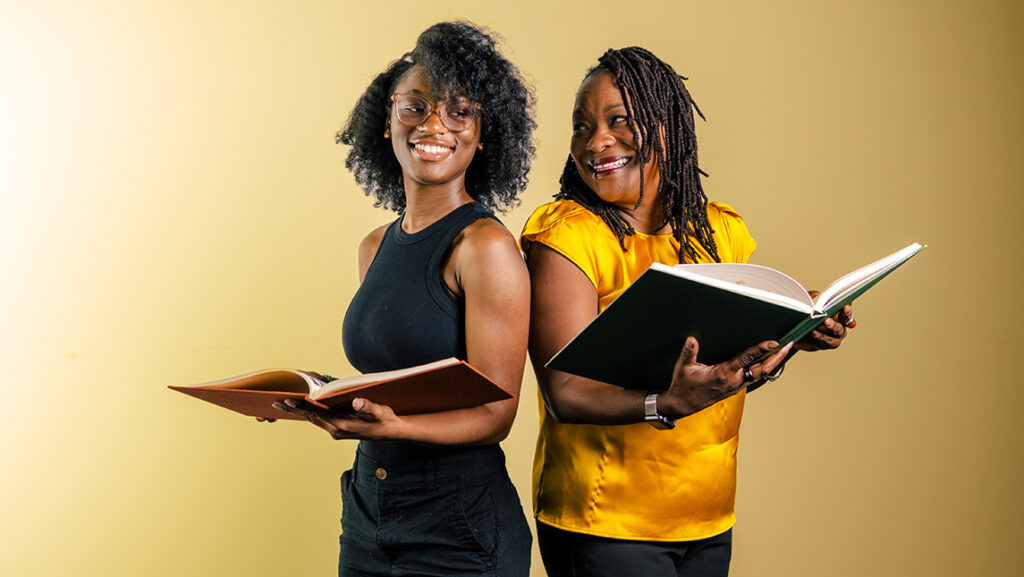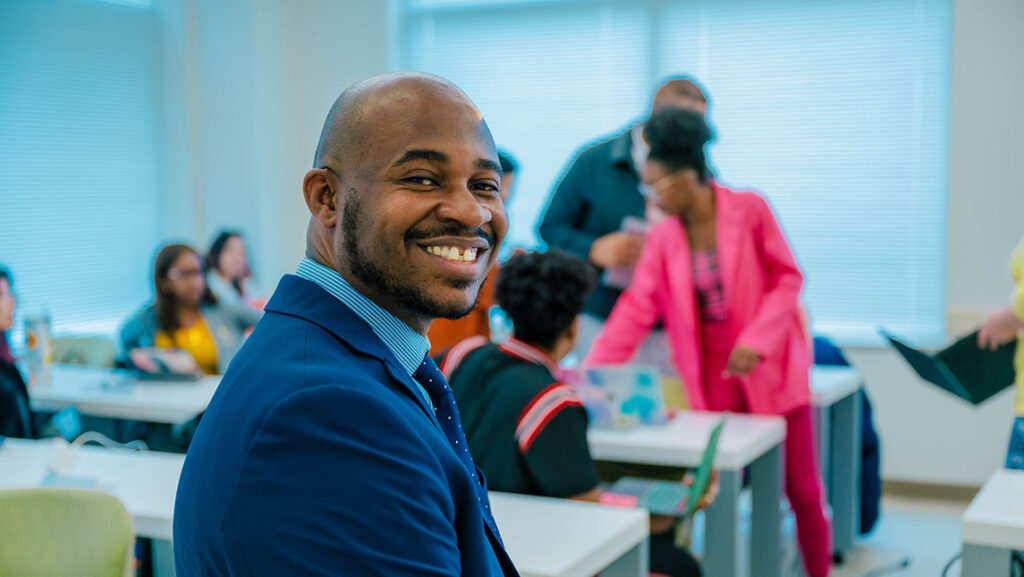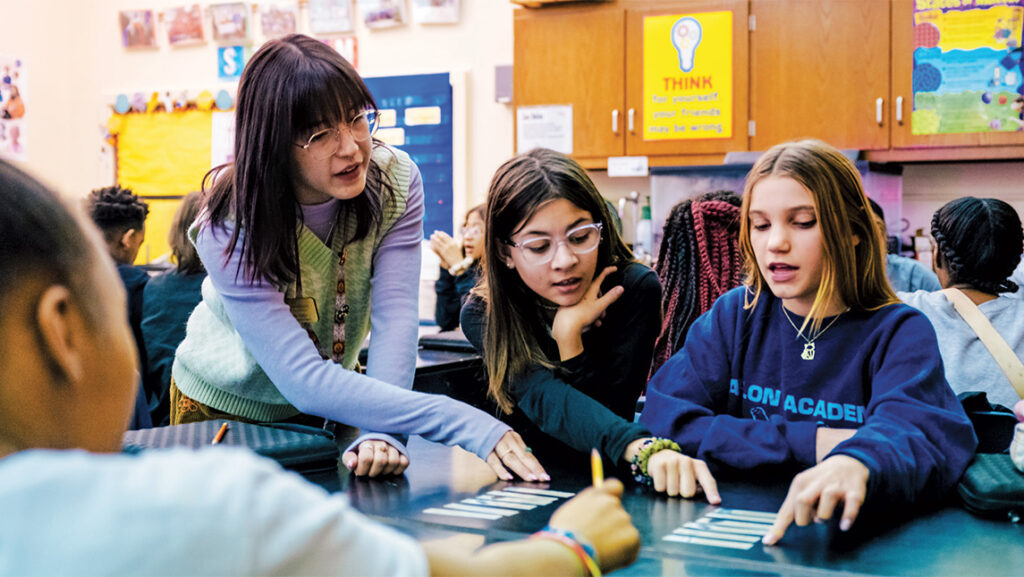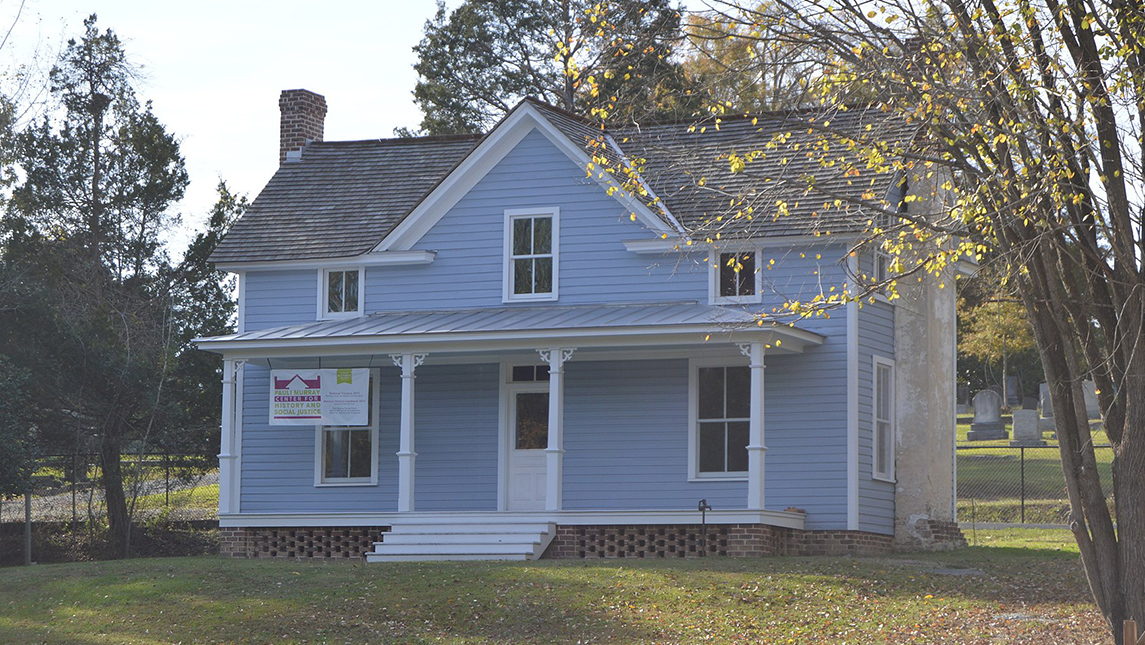
How can an in-person course be transformed into an exciting, engaging online experience? That’s the question that professors across the country have been grappling with this semester.
At UNC Greensboro, history professor Dr. Anne Parsons is taking a page out of her “aunt playbook.”
Over the summer, Parsons created virtual field trips for her niece and nephew. They used Google Maps and Google Street View to “visit” Paris, London, and Venice, participated in 3D museum tours, and had discussions about their virtual experiences.
As she prepared to launch a new LGBTQ History and Public Memory course this fall, Parsons decided to take the same “virtual field trip” concept she used with her family and adapt it for college students. She worked closely with Anita Warfford, instructional technology consultant for the College of Arts and Sciences, to frame the course – originally designed for face-to-face instruction – around these virtual trips. Parsons also participated in an 8-week online learning training for faculty offered by UNCG’s University Teaching and Learning Commons.
“Who doesn’t love a good field trip? There’s something about the spirit of visiting a place, even if it’s from our couch,” Parsons said. “Instead of just reading about these people and places, we’ve been able to visit houses and cities and really explore the sites where history happens.”
Throughout the semester, Parsons and her students have visited key sites of LGBTQ history. They’ve taken advantage of 3D tours offered by the sites themselves, as was the case for the Jane Addams Hull-House Museum in Chicago.
“We were actually their very first virtual tour group ever,” Parsons said. “A tour guide took us around the 3D space. We learned about the history of Jane Addams, the settlement house reform movement, and the history of gender and sexuality and lesbian relationships.”
For sites that don’t have their own 3D tours, such as the Pauli Murray House in Durham, Parsons has employed Google tools and other online content, in addition to interviewing museum staff and sharing those recorded conversations with her students.
Earlier this month, students participated in a newly-created 3D virtual tour of the Stonewall Inn, a site that is recognized as the birthplace of today’s LGBTQ rights movement.
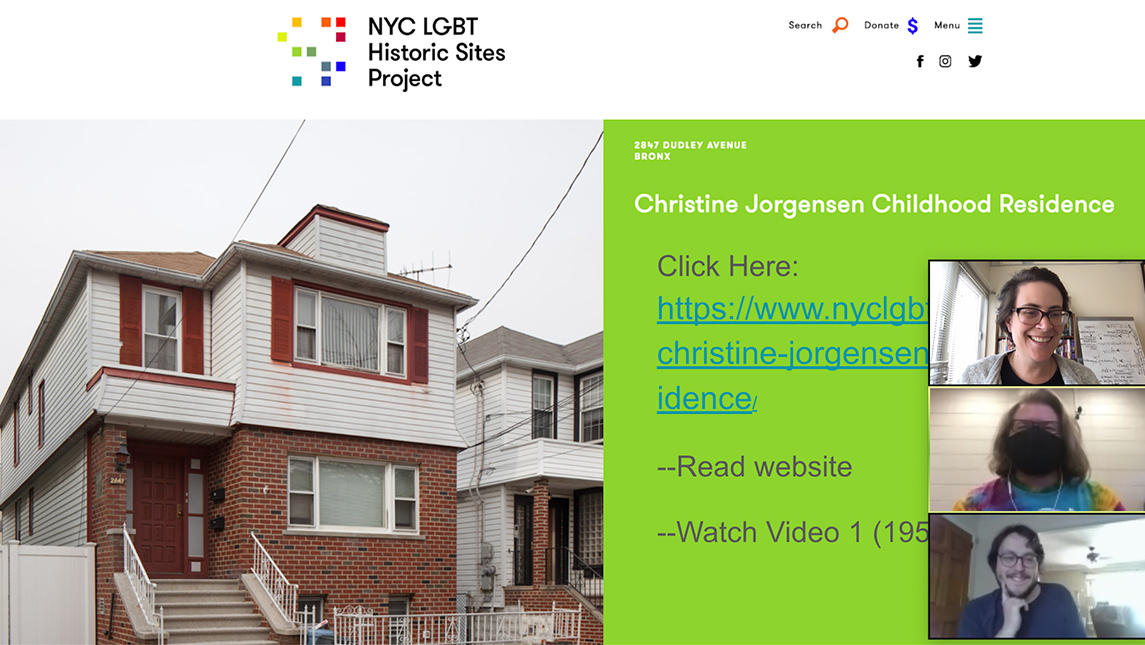
Not only are students learning about the key people, places, and moments of LGBTQ history, but they’re critically thinking about how this history is interpreted and remembered.
“We’re talking about how historians, preservationists, and curators remember things,” Parsons said. “How do they make markers, interpret buildings, and create tours? How are they grappling with LGBTQ history?”
For student Nakia Johns, a senior majoring in women’s, gender, and sexuality studies, it’s been an impactful course that has really come alive thanks to the virtual field trips.
“You can read all you want, but to truly understand something, you really need to see it and have that tangible experience,” Johns said. “The virtual tours and exhibits have been monumental. This has been one of my favorite classes at UNCG.”
Parsons has worked hard to develop an engaging, multimodal course. But above all, she’s focused on creating a positive experience for her students during what has been a semester unlike any other.
“My hope is that we’re learning about LGBTQ history, we’re learning about what gets remembered and what doesn’t, and we’re also just having some fun. It’s such a difficult time right now as we try to teach and learn during a pandemic. I’m really trying to create an inquisitive, fun learning environment for my students.”
Story by Alyssa Bedrosian, University Communications
